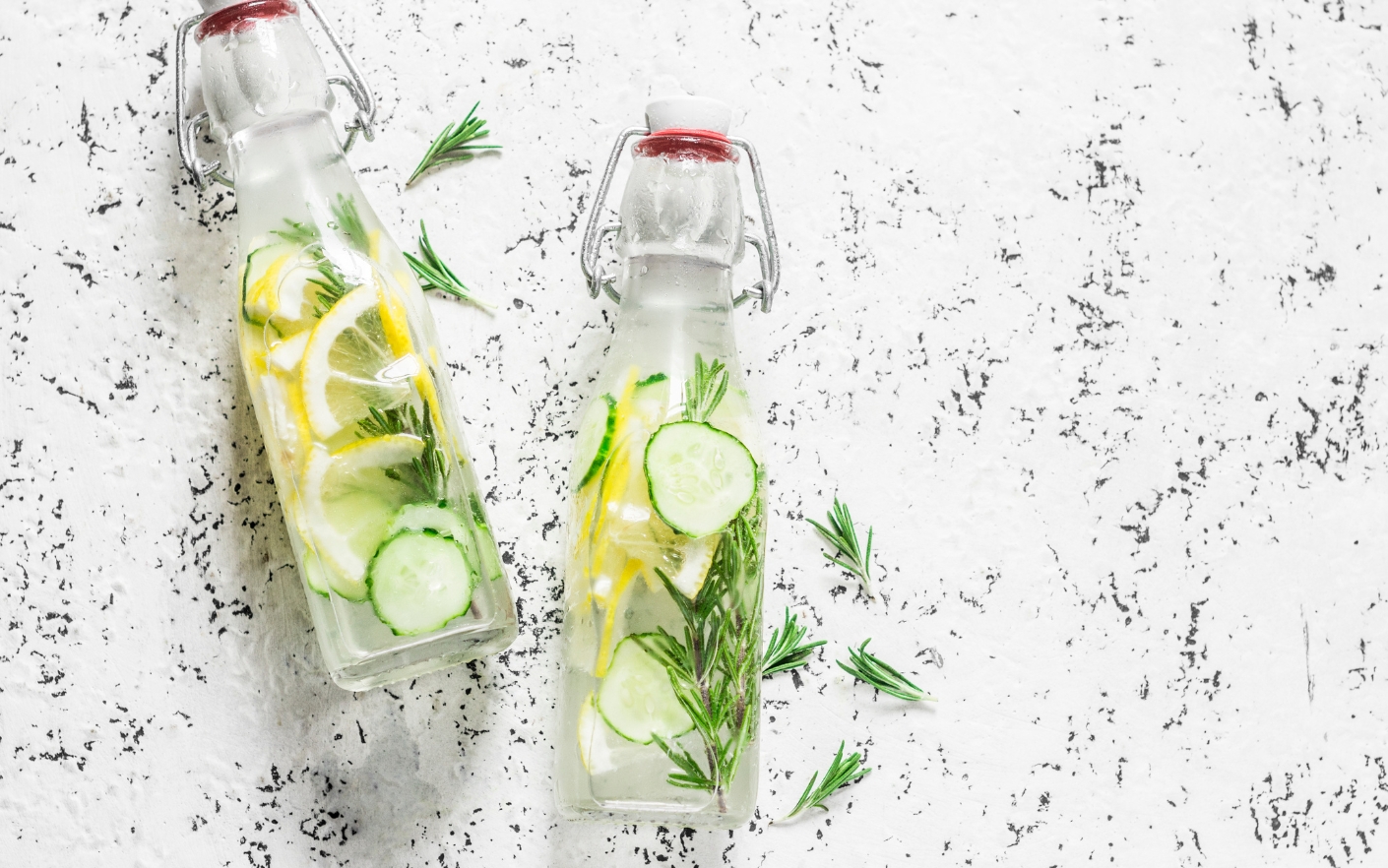When to drink for maximum blood sugar benefits

The right water at the wrong time can hurt your blood sugar control. This guide reveals the critical hydration windows that stabilize glucose levels and the timing mistakes that cause unexpected spikes.
Table of contents
- Why timing your water intake matters for blood sugar
- The science behind hydration timing and glucose control
- Essential hydration windows for blood sugar control
- [PREMIUM] Complete daily hydration schedule
- [PREMIUM] Meal-specific hydration strategies
- [PREMIUM] Exercise and medication timing coordination
- [PREMIUM] Troubleshooting common timing issues
Why timing your water intake matters for blood sugar
You've probably heard "drink more water" countless times, but when you drink water can be just as important as how much you drink when managing blood sugar.
Drinking large amounts of water with meals dilutes digestive enzymes and slows nutrient absorption - potentially leading to blood sugar spikes you could have avoided. Strategic hydration timing enhances your body's ability to process glucose and maintain stable blood sugar throughout the day.
This simple timing shift can be a powerful tool in your blood sugar management toolkit.
The science behind hydration timing and glucose control
Your body's hydration needs and blood sugar patterns follow natural rhythms throughout the day:
Upon waking: You're naturally dehydrated after 7-8 hours without fluids, and your liver has been releasing stored glucose overnight. Proper rehydration helps your kidneys process this excess glucose and supports insulin sensitivity.
Before meals: Adequate hydration 30 minutes before eating prepares your digestive system and can improve insulin sensitivity by 15-20%.
With meals: Large amounts of water dilute stomach acid and digestive enzymes, potentially slowing food breakdown and causing delayed blood sugar responses.
Between meals: Strategic hydration supports kidney function for glucose filtering and helps maintain stable blood volume for optimal circulation.
Essential hydration windows for blood sugar control
Window 1: Upon waking (most critical)
When: Immediately upon waking, before anything else
How much: 16-20 oz
Why it works: Rehydrates your body after overnight fasting and helps your kidneys process the glucose your liver released overnight
What you'll notice: More stable morning blood sugar readings, reduced morning fatigue, better appetite regulation at breakfast
Window 2: Pre-meal hydration
When: 20-30 minutes before each meal
How much: 8-12 oz
Why it works: Prepares your digestive system and improves insulin sensitivity without interfering with digestion
What you'll notice: Better blood sugar response to meals, improved satiety, less bloating after eating
Window 3: Post-meal pause
When: Wait 30-60 minutes after finishing a meal
How much: Resume normal hydration (8-12 oz)
Why it works: Allows proper digestion and nutrient absorption before diluting digestive processes
What you'll notice: Better digestion, more predictable blood sugar patterns, less post-meal discomfort
Become a member to access
Get instant access to:
✓ Hour-by-hour hydration timeline
Exact timing and amounts for optimal blood sugar control throughout the day
✓ Meal-specific hydration strategies
Different approaches for breakfast, lunch, and dinner based on blood sugar patterns
✓ Medication timing coordination
How to space water intake around diabetes medications for maximum effectiveness
✓ Exercise and activity hydration
Pre, during, and post-workout hydration for stable blood sugar during activity
✓ Troubleshooting common timing issues
Solutions for busy schedules, frequent urination, and forgetting to drink water




